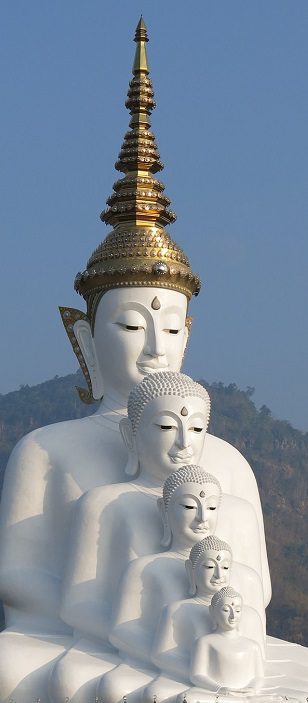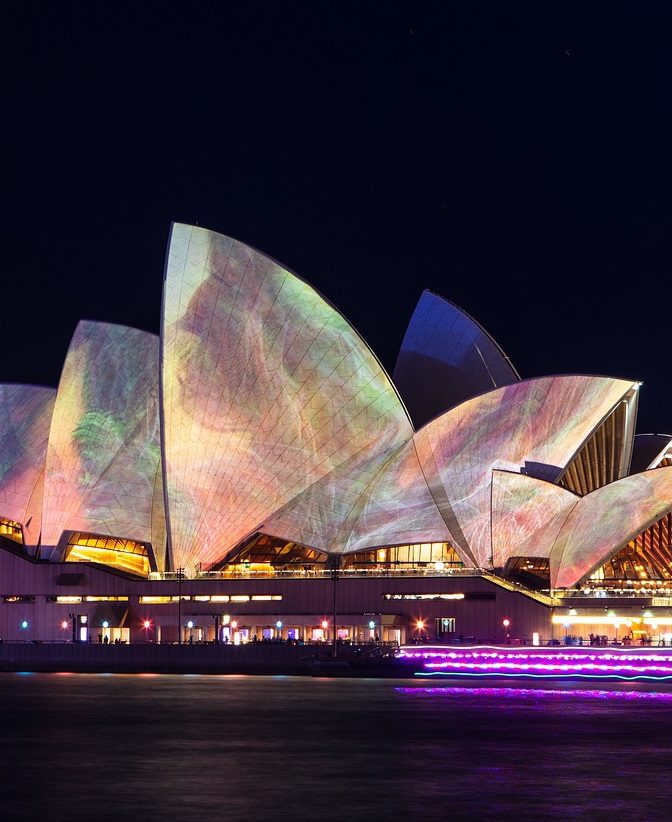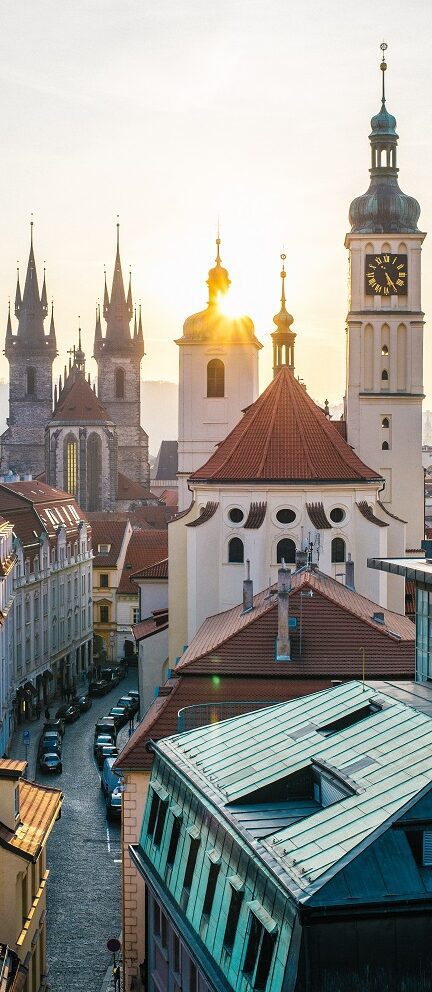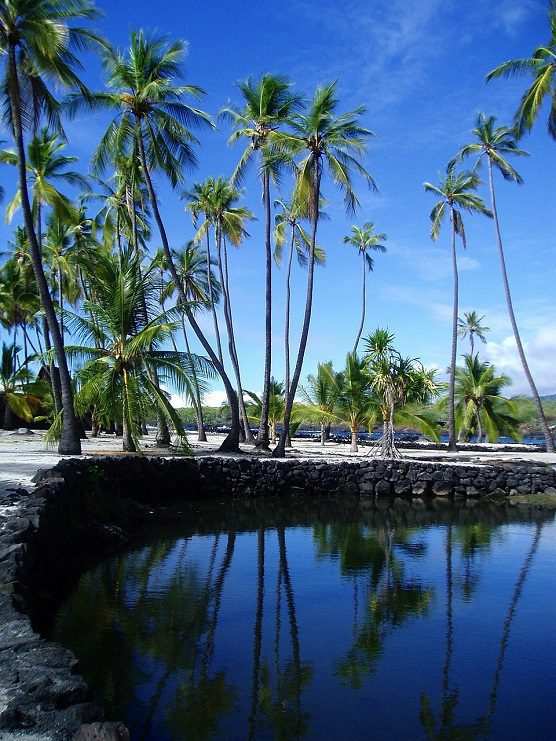Let’s visit Hawarden in north Wales, where the legacy of Victorian prime minister William Ewart Gladstone endures through the efforts of his descendants
“Books are delightful society,” said Victorian prime minister William Ewart Gladstone. “If you go into a room and find it full of books – even without taking them from the shelves they seem to speak to you, to bid you welcome.”
His words capture how it feels to arrive at Gladstone’s Library in Hawarden, north Wales, where the warmest of welcomes awaits visitors. There is a special, almost monastic, feeling to the place, with the hush of an Oxbridge quad, with not quite the oppressive weight of expectation one feels in the colleges of those cities.
Which is not to say Gladstone, a founding figure of the Liberal Party, was not a heavyweight. “Every working-class house in Britain had a memento of him,” says Charlie Gladstone, his great-great-grandson. “He was a prime minister you could be genuinely proud of. Things were different then – the world didn’t have votes for women and slavery still existed – but, in terms of his fight for the common person, he was a proper champion.” Library assistant Gary Butler explains: “When talking about Gladstone, it’s fair to make comparisons like Nelson Mandela or Gandhi. He was a member of parliament for 62 years, he served as prime minister four times and is known for introducing secret ballots for voting, as well as education for all and was a supporter of Irish Home Rule, although that didn’t quite get through during his time.” Gladstone was also a classical scholar and a voracious reader, devouring around 22,000 books in his lifetime which amounts to around 300 books a year (almost one a day). Peter Francis, warden of Gladstone’s Library, explains: “The heart of the library is Gladstone’s own collection. Many of his books contain his annotations, some of which are extremely detailed.”
These jottings share glimpses into the inner workings of the great man. (A particularly appealing example is a small cross in the margin of a biography of his arch-rival Disraeli with the words: “untrue, untrue, untrue”.)
“Towards the end of his life Gladstone was thinking about what to do with his books,” says Butler, or, as his daughter Mary Drew put it, “Often pondering how to bring together readers who had no books and books who had no readers.” His answer was to create a library in Hawarden, the village where he lived: “A country home for the purposes of study and research, for the pursuit of divine learning, a centre of religious life.”
Hawarden (pronounced “Harden”), which developed as a mining village, is, at first glance, an unassuming, picturesque spot, but its location near the cities of Manchester and Liverpool made Gladstone think there might be plenty of “readers who had no books” nearby who might benefit from its location.
Today, Charlie Gladstone and his wife, Caroline, have similarly focused their considerable energy on projects that encourage creativity, learning and sharing ideas, including two festivals in Hawarden, the Good Life Experience and Gladfest. Their various ventures have turned the pretty village into a popular tourist and foodie destination that has been voted twice by readers of The Times one of the best places to live in the UK.








